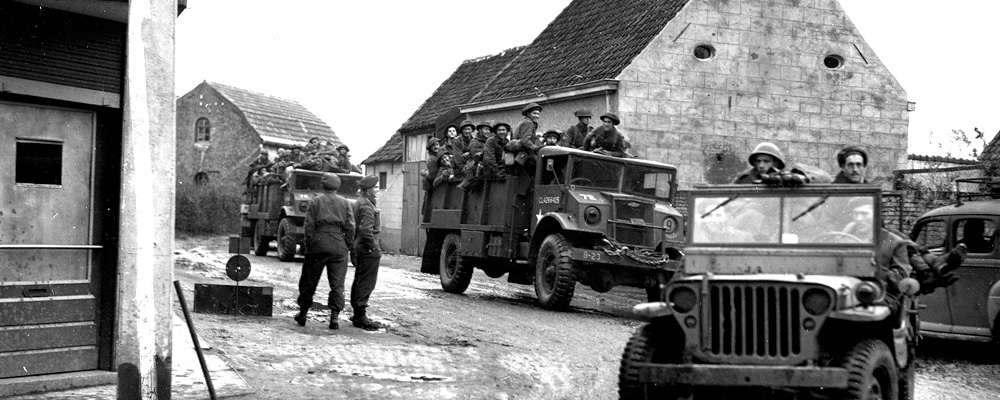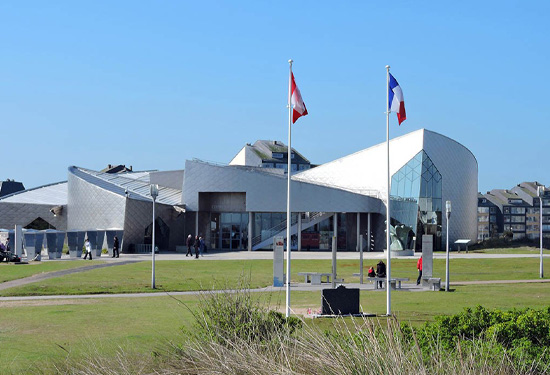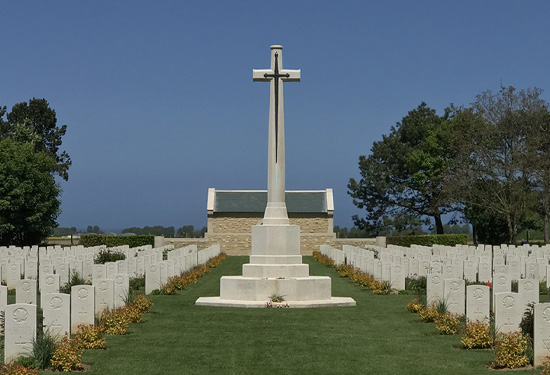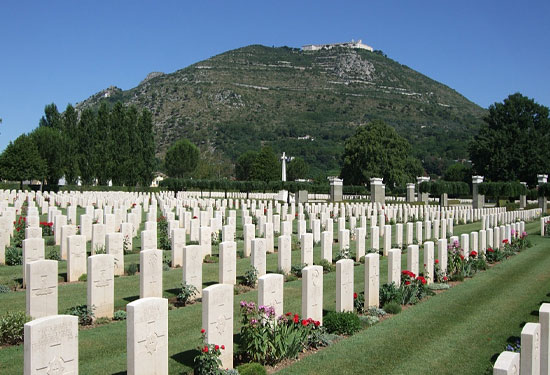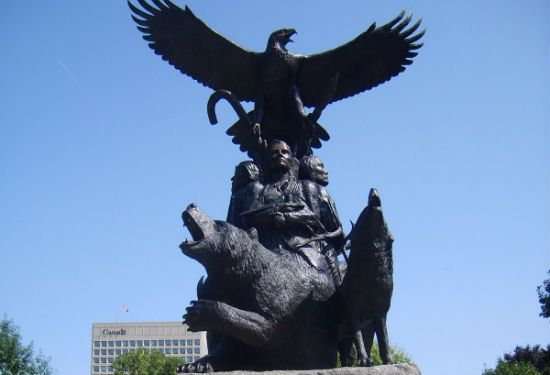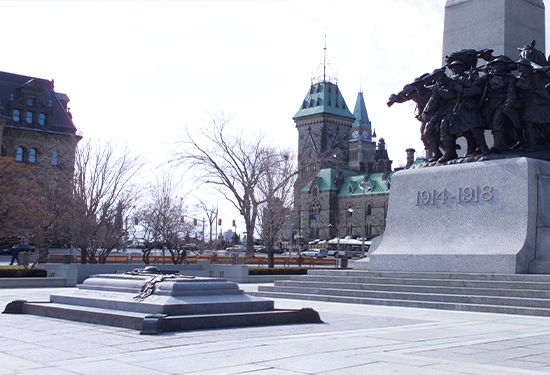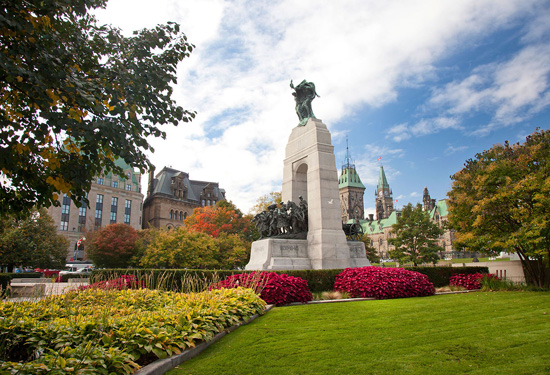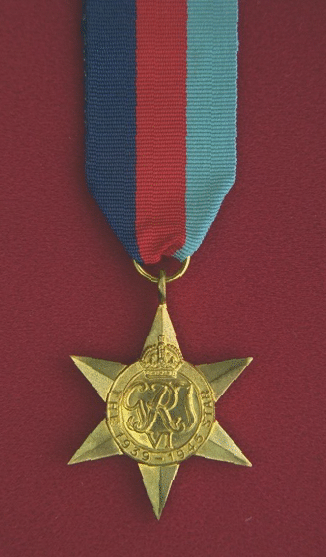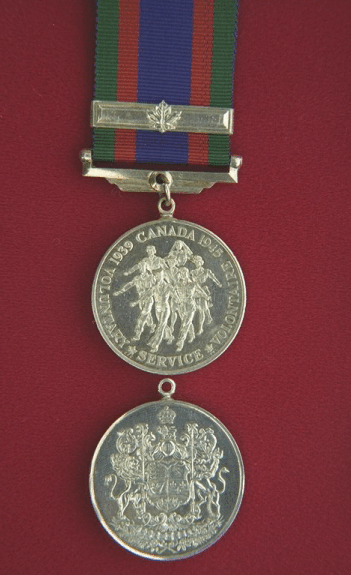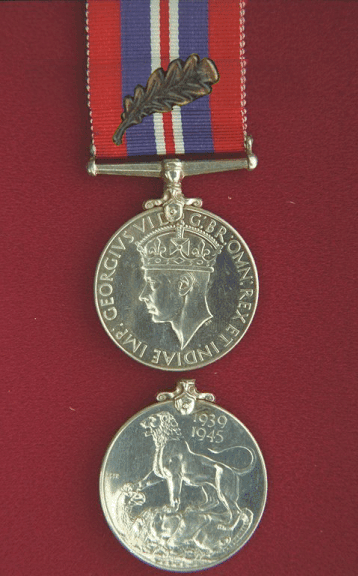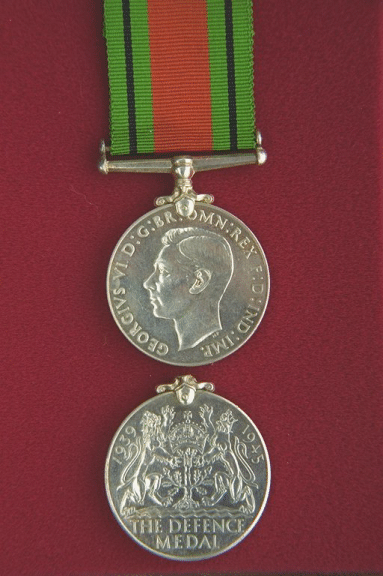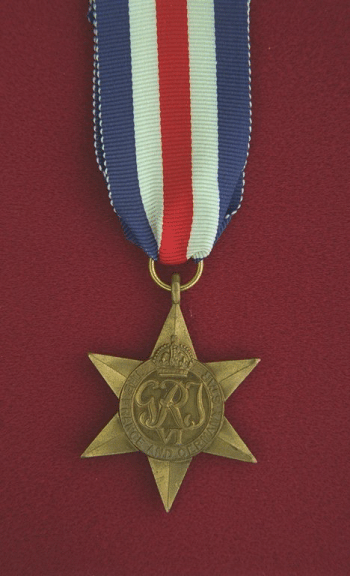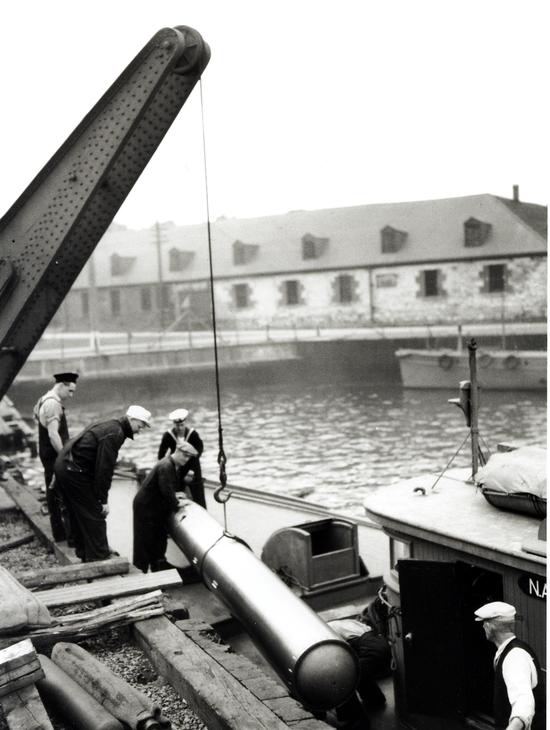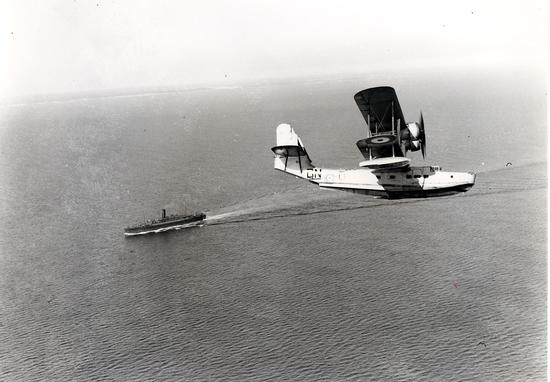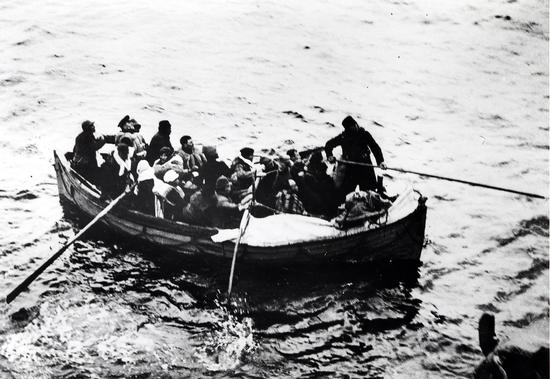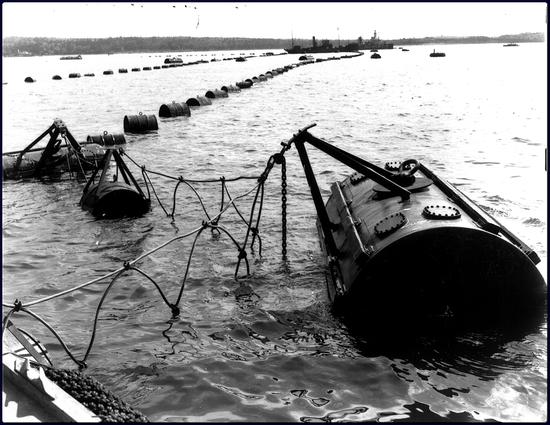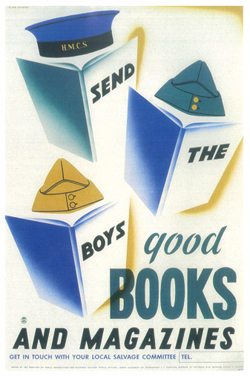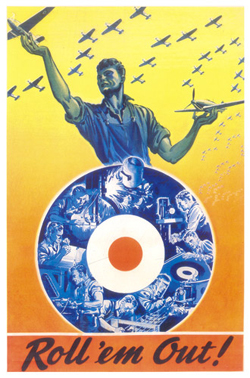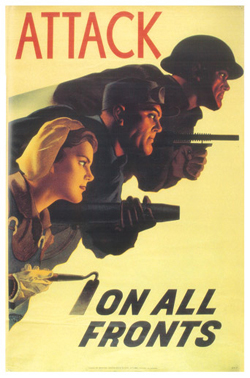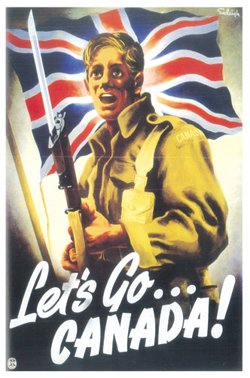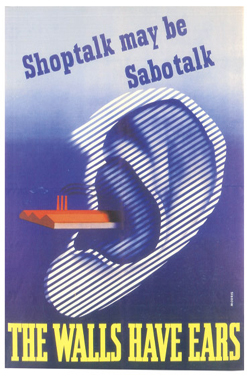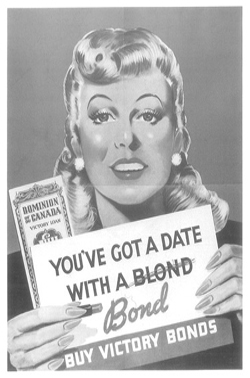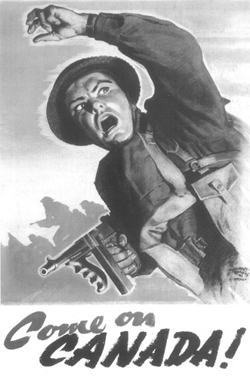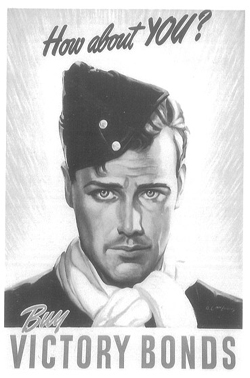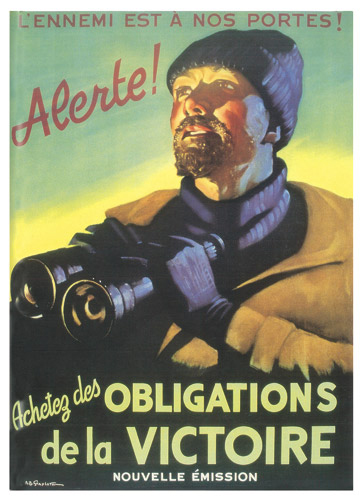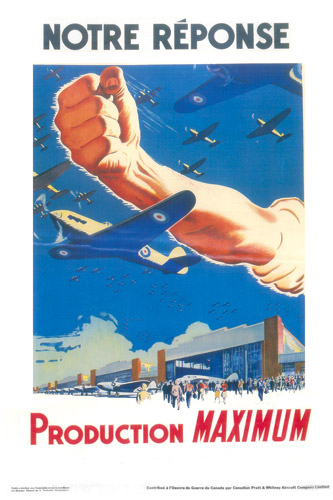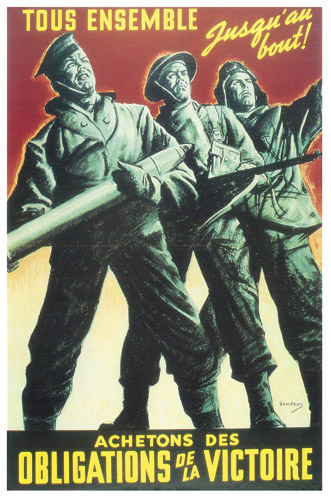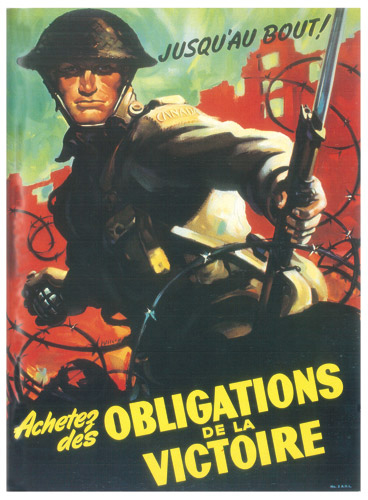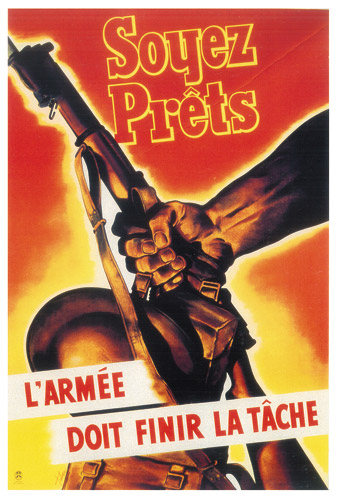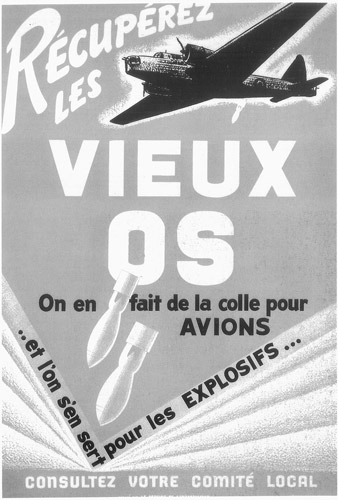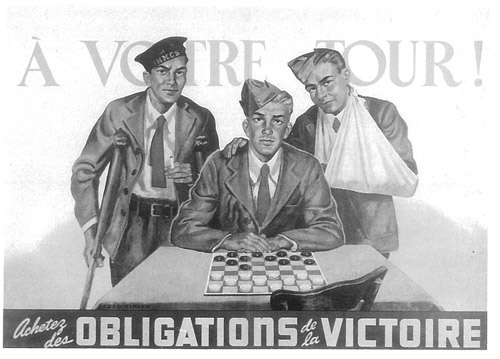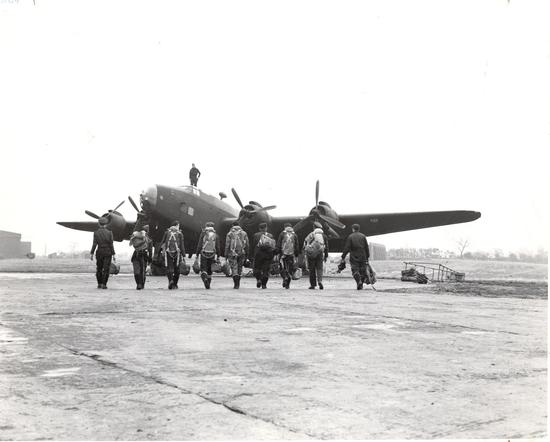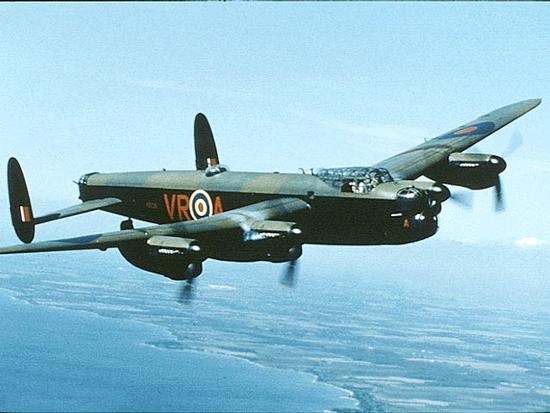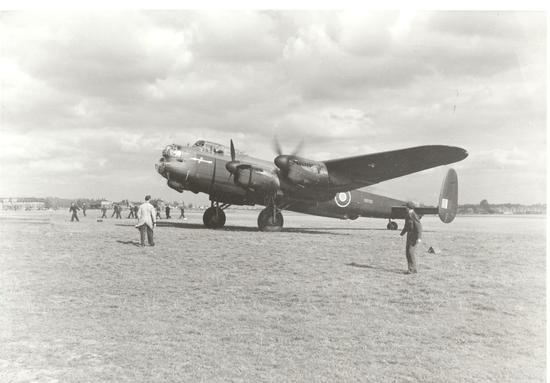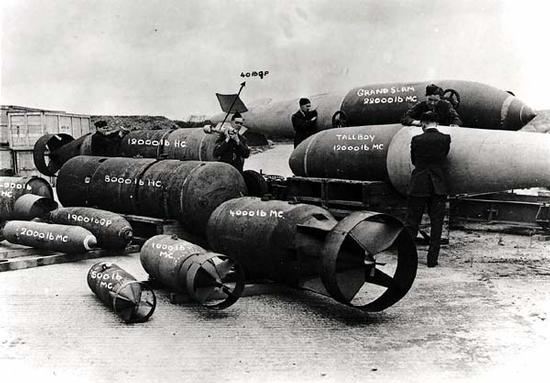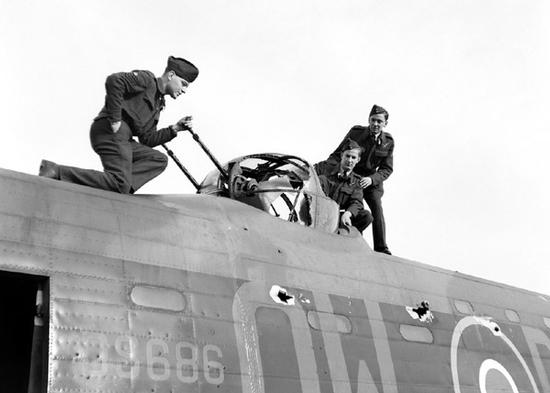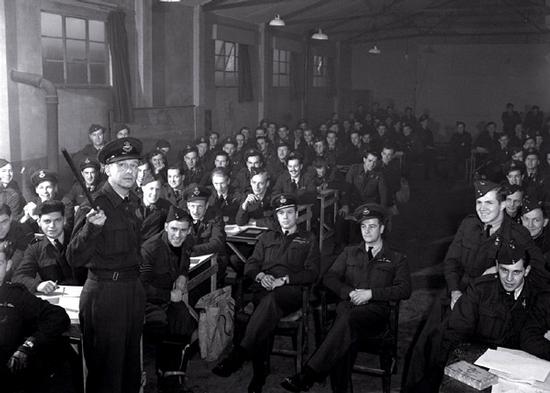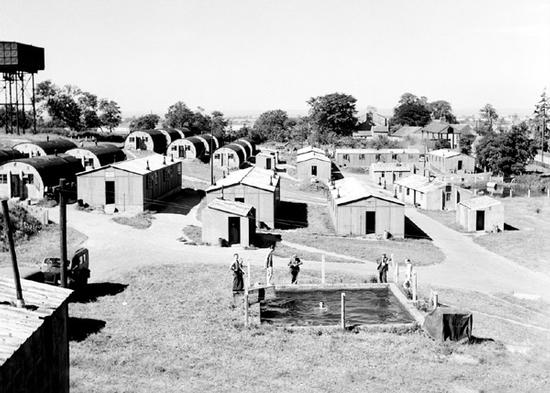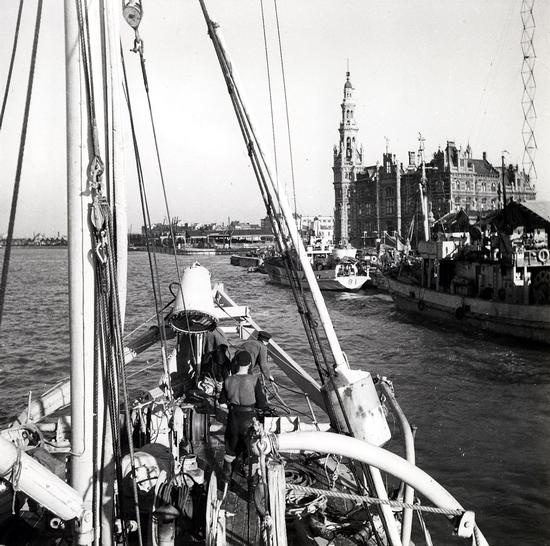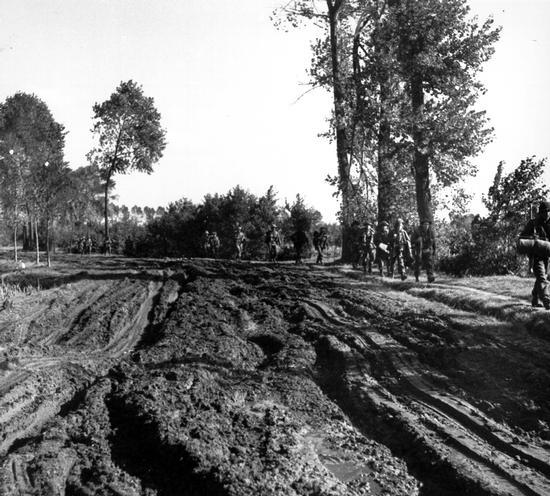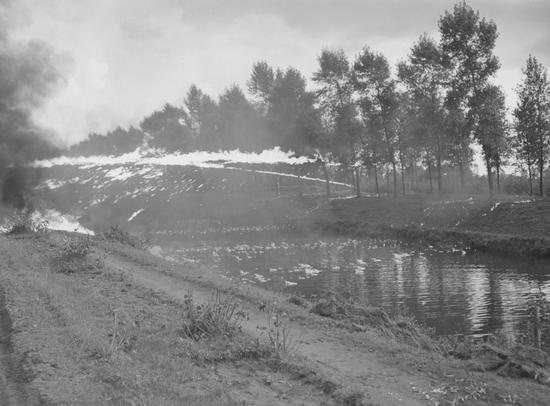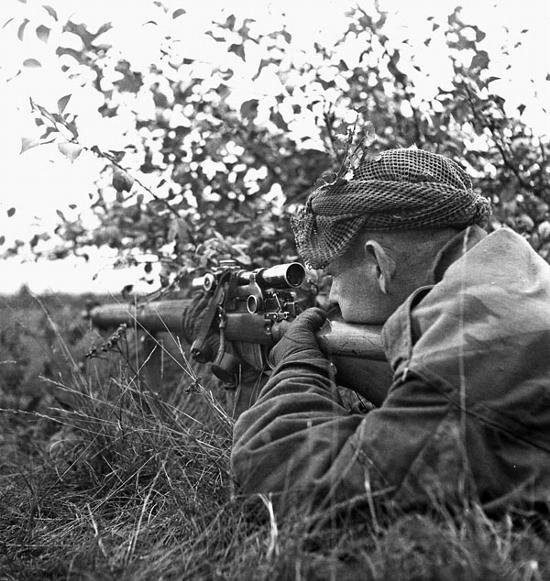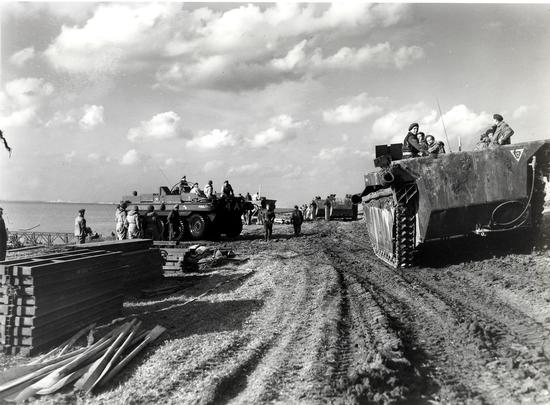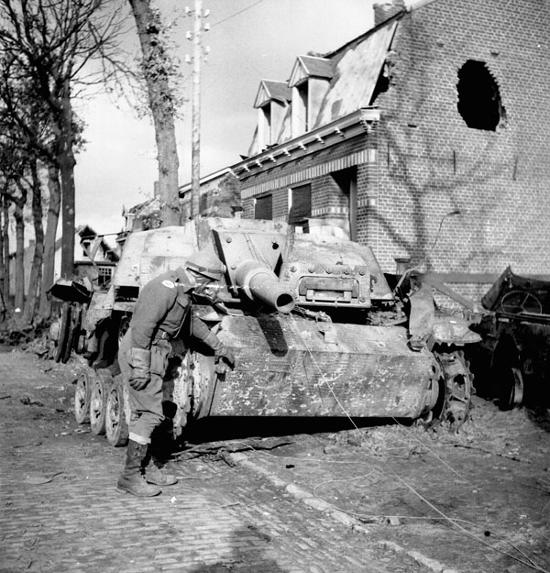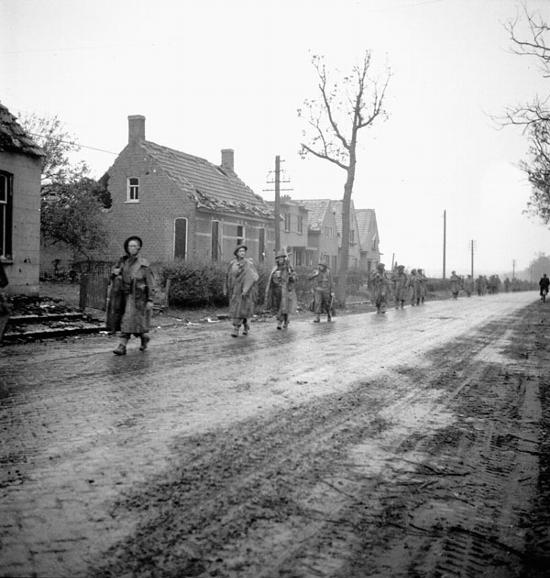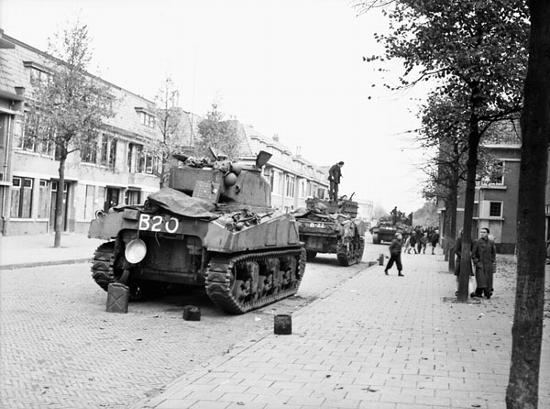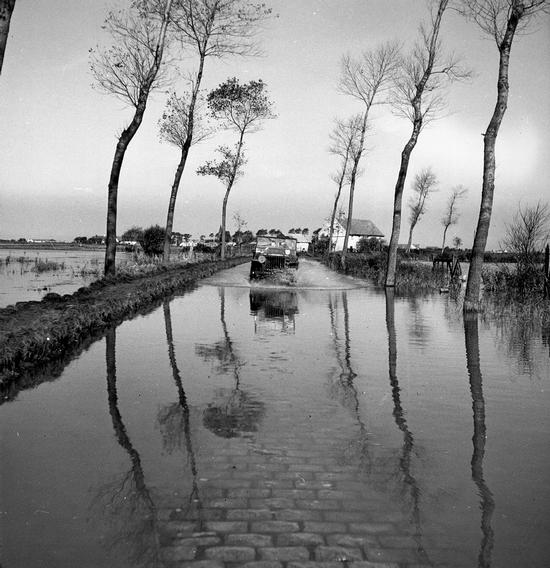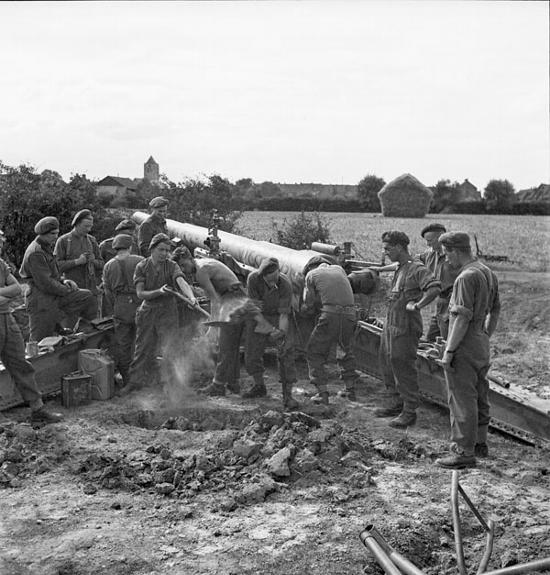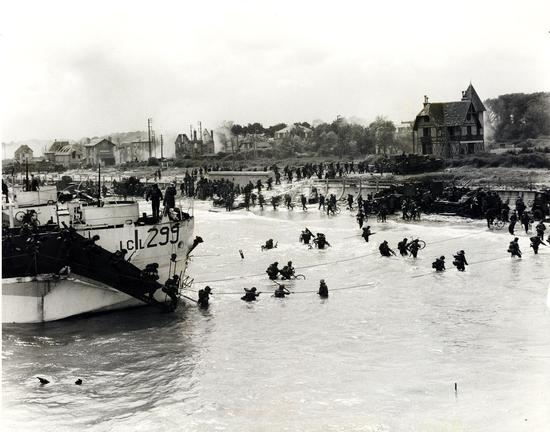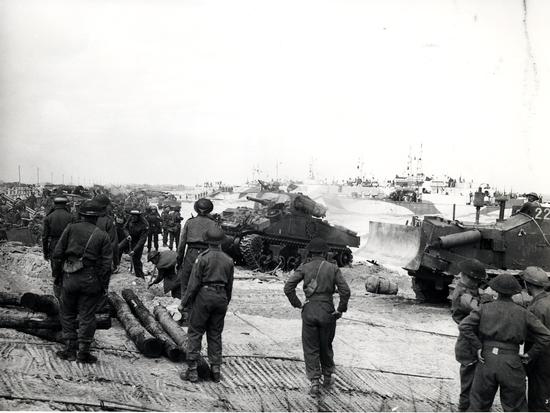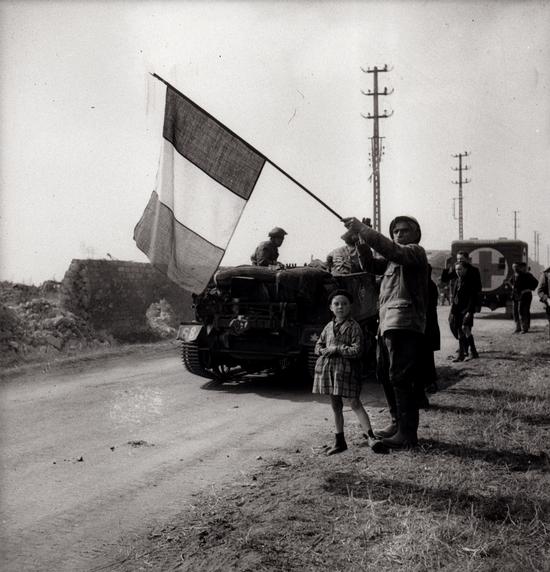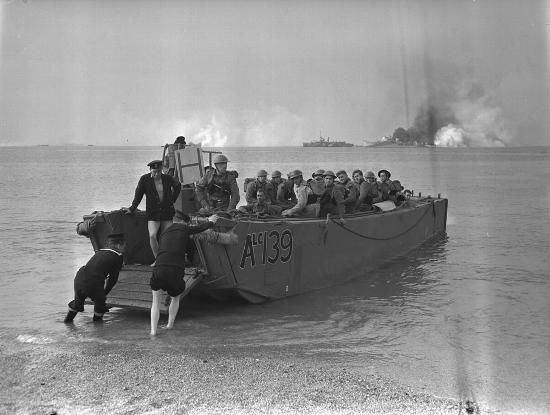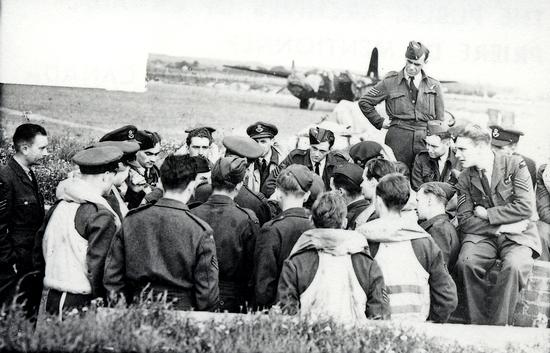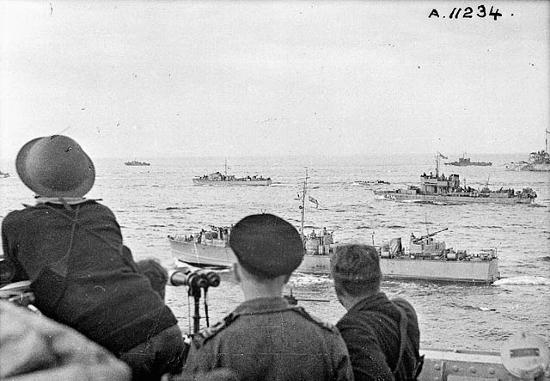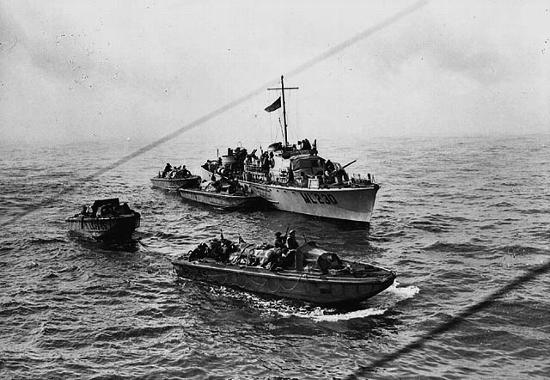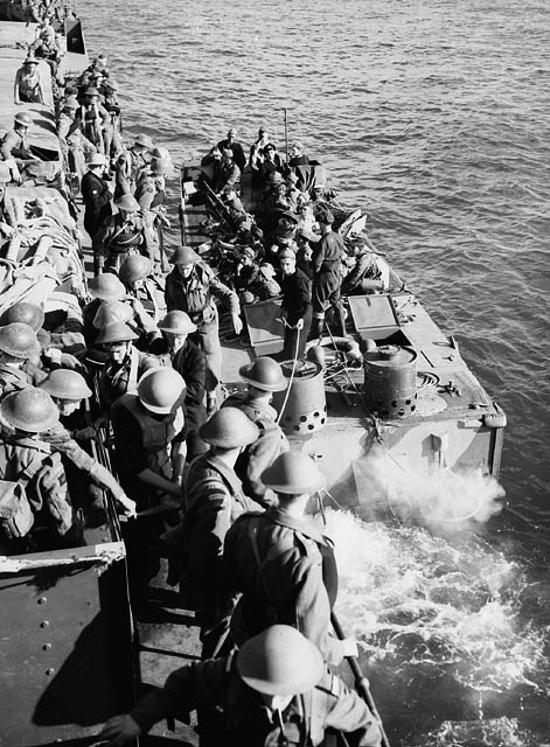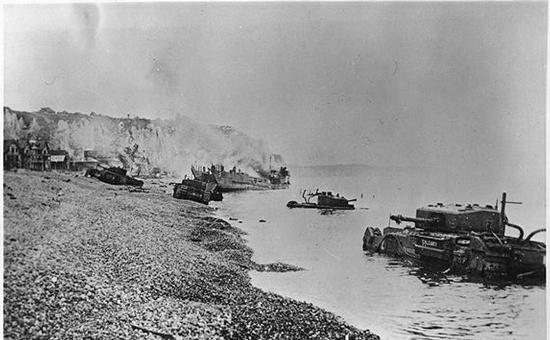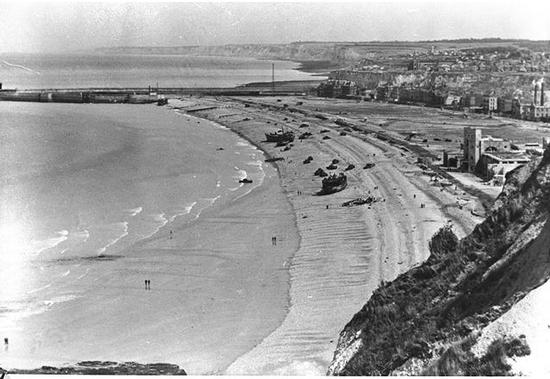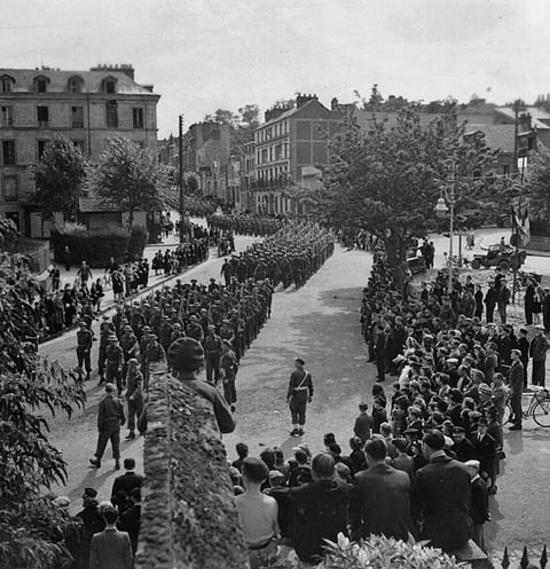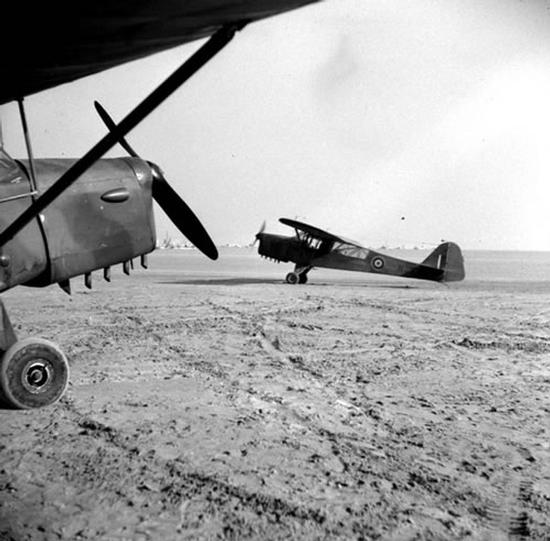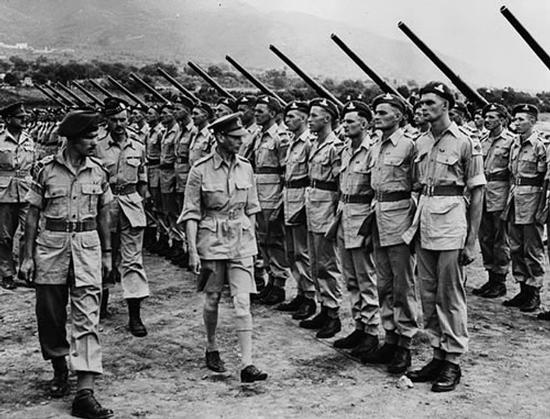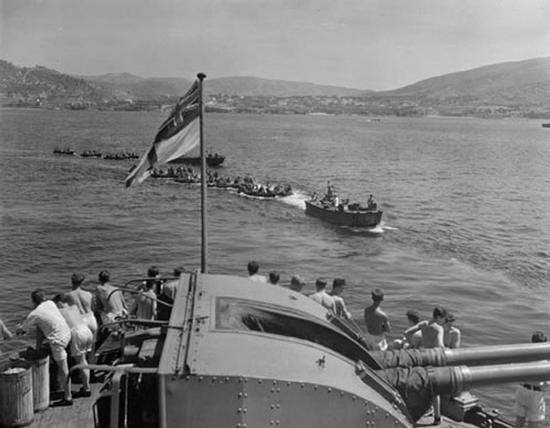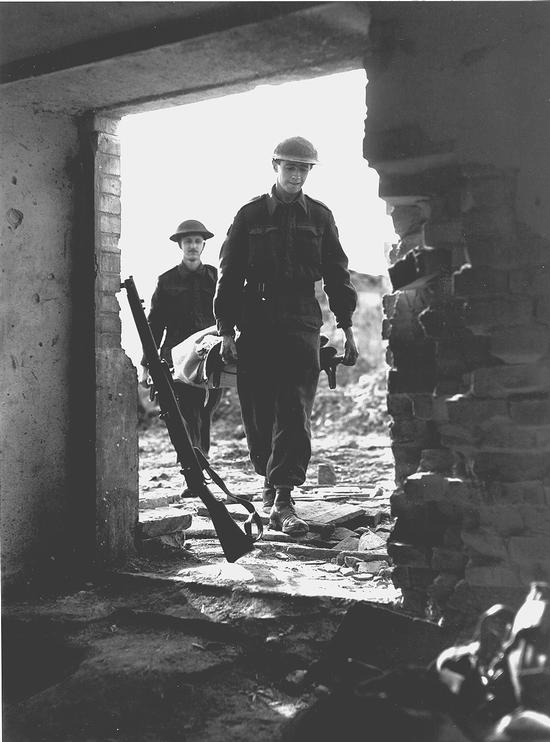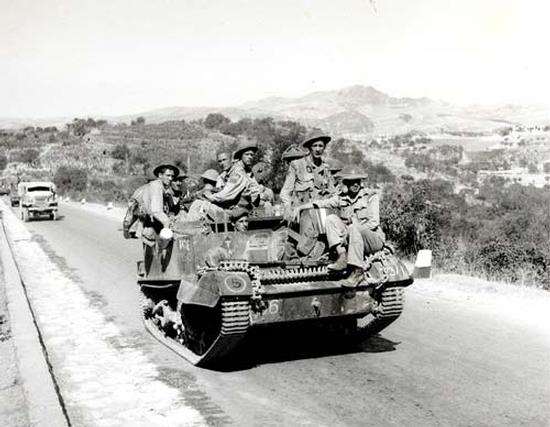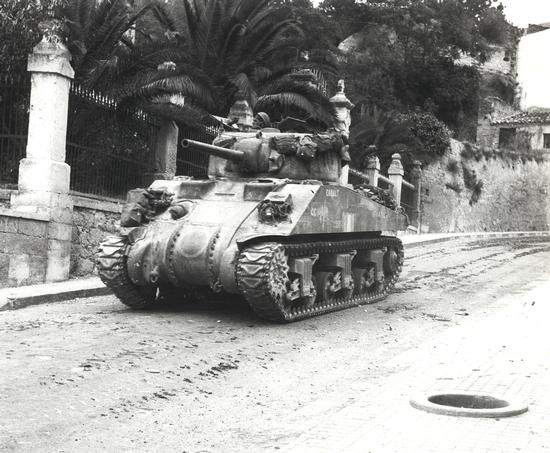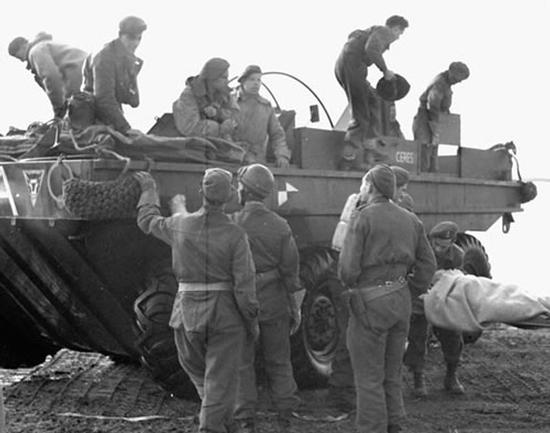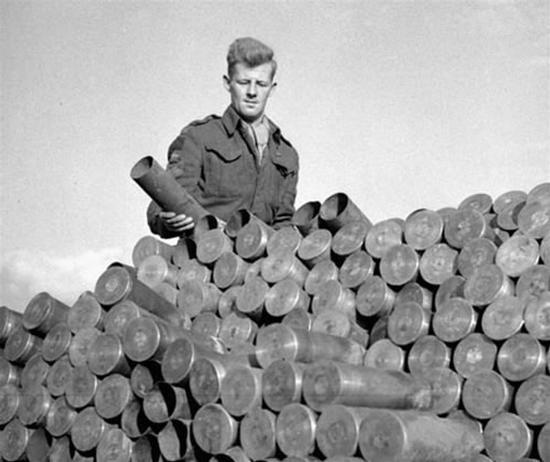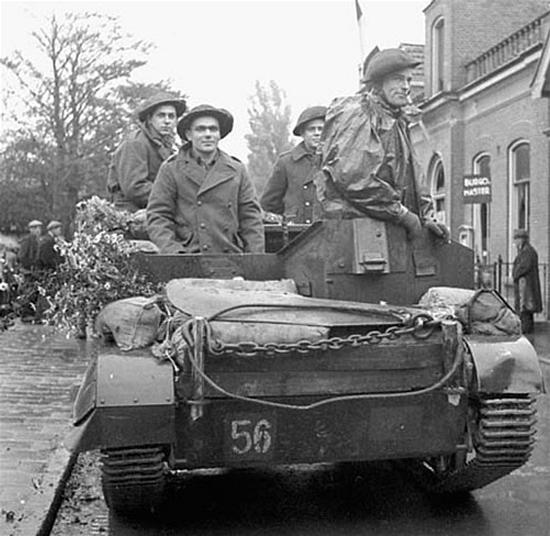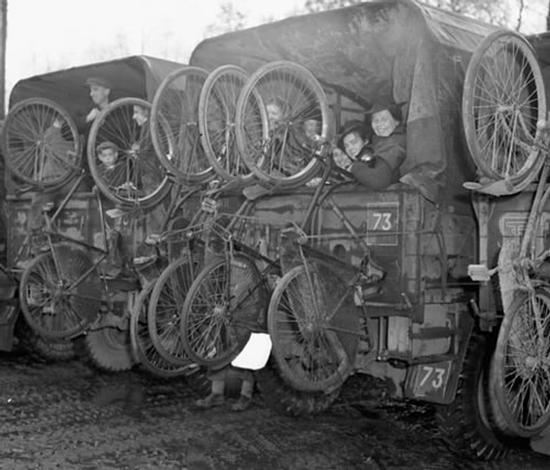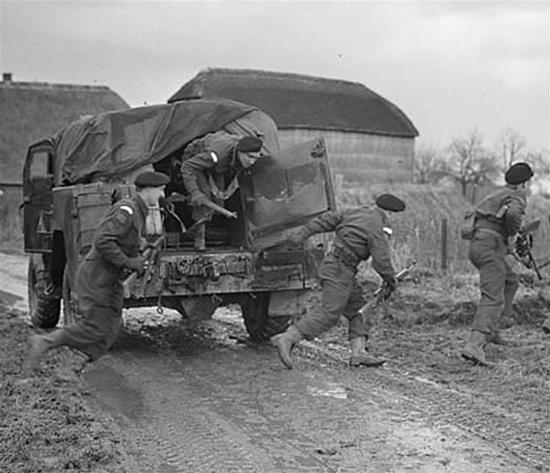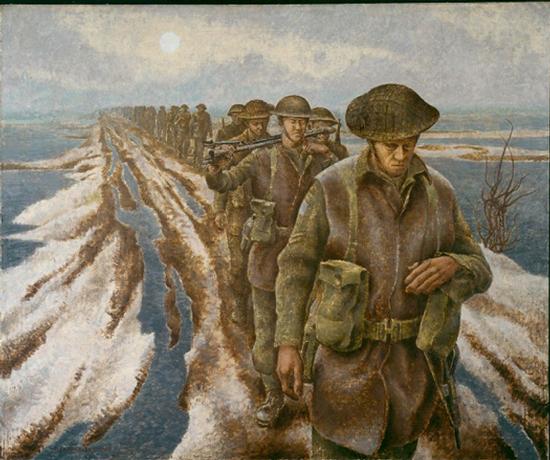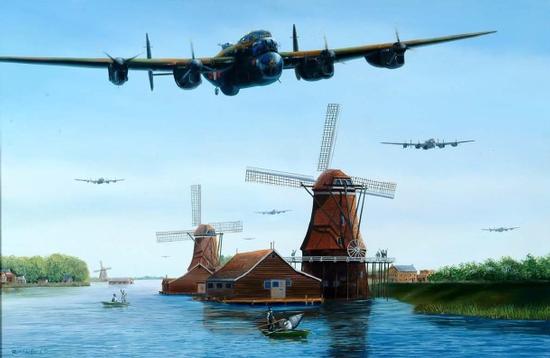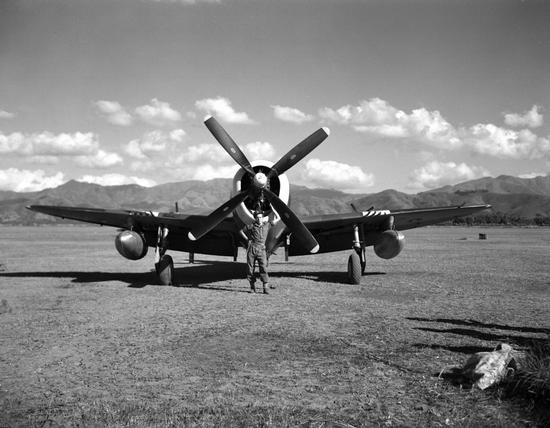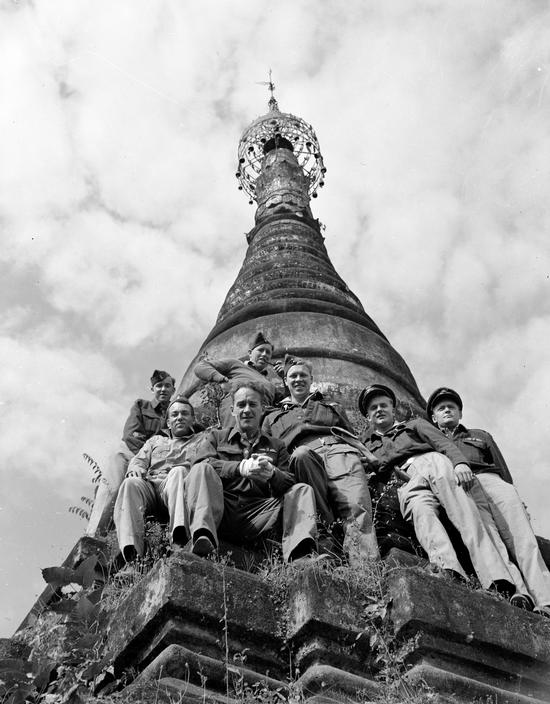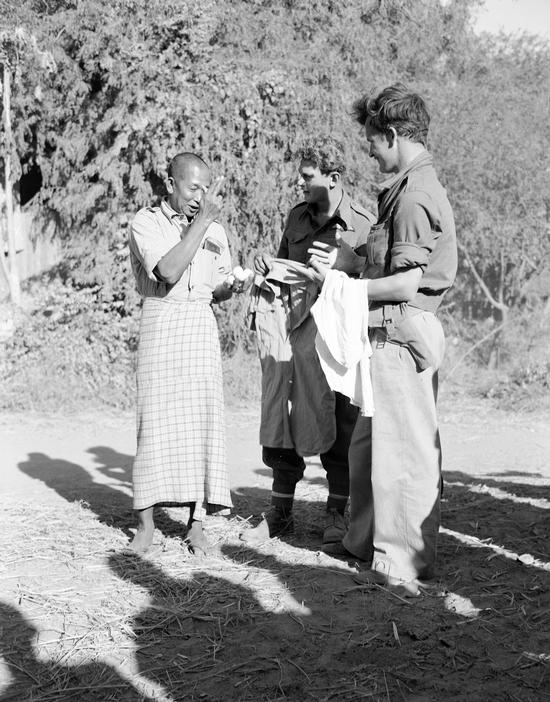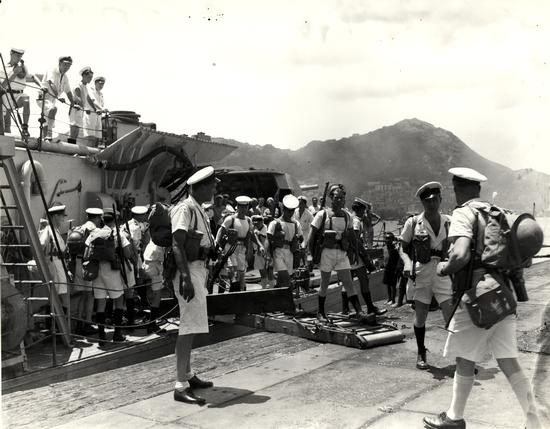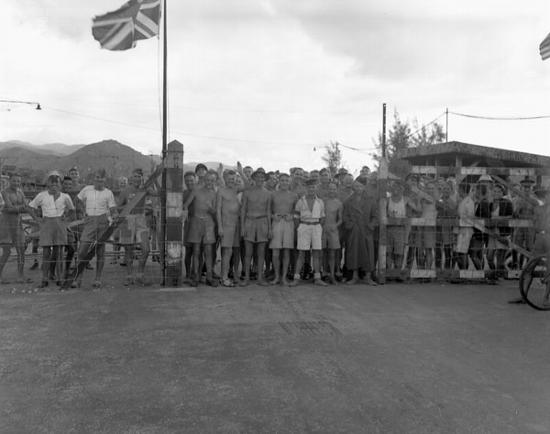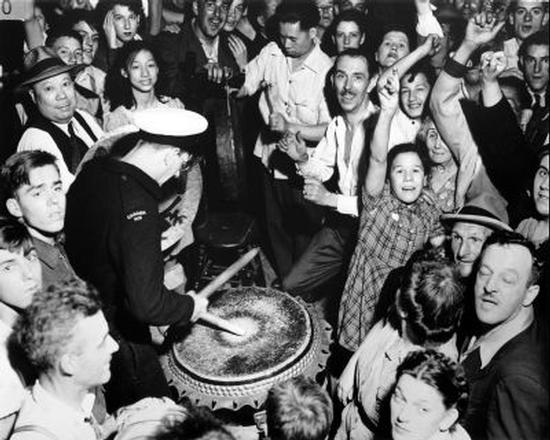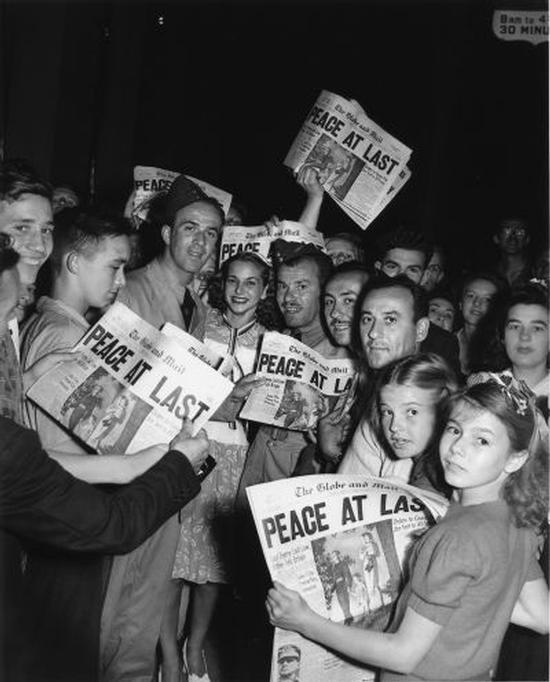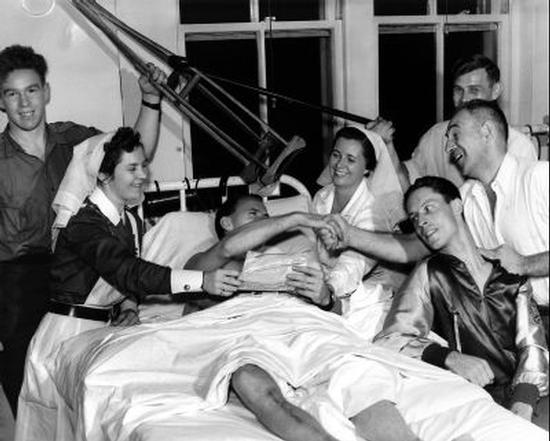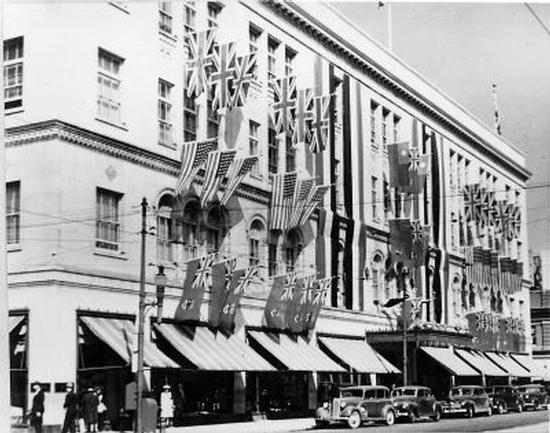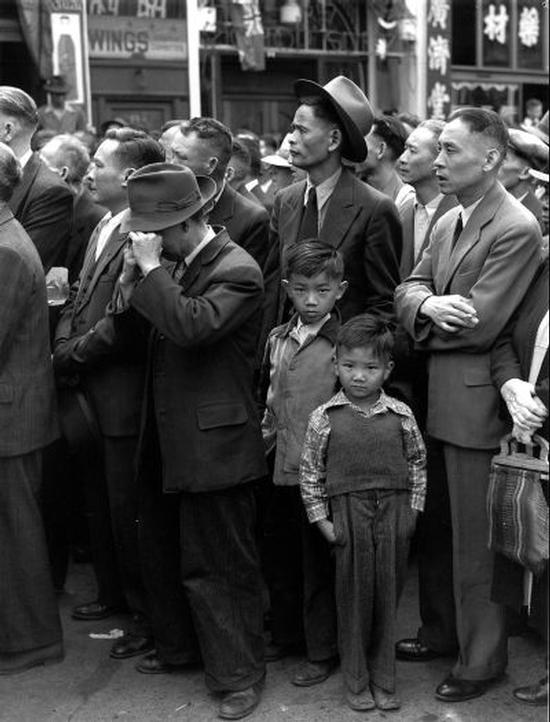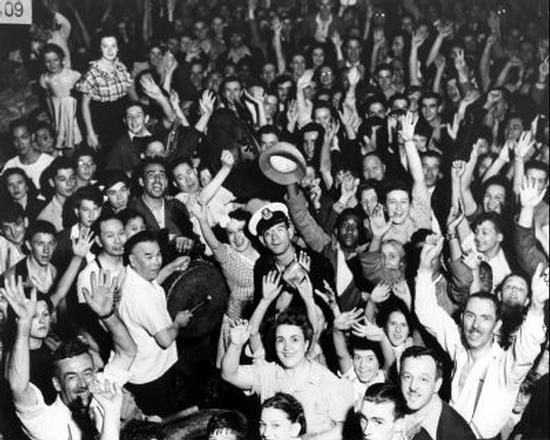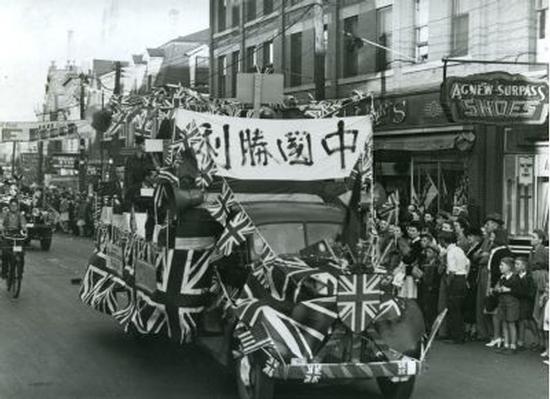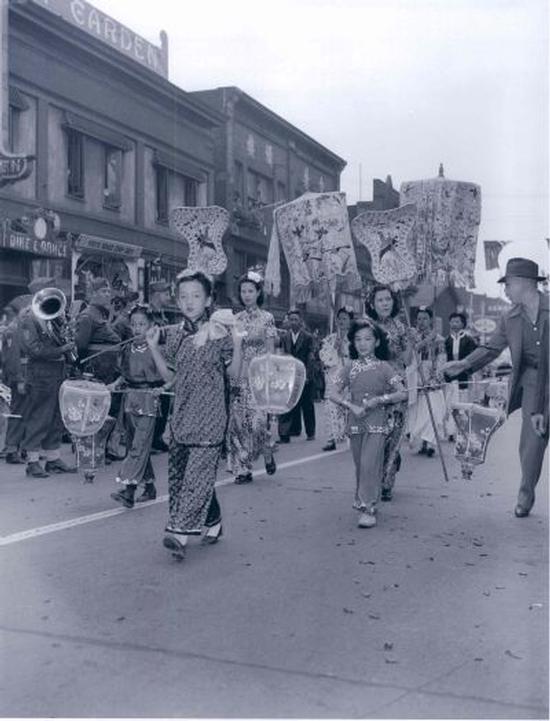In 1939, Germany invaded Poland. This started more than six years of bitter fighting in the Second World War, which finally ended in 1945. More than one million Canadians and Newfoundlanders served in uniform, both here at home and around the world. Over 45,000 of our brave men and women in uniform gave their lives and another 55,000 were wounded.
Transcription
The Second World War was a pivotal chapter in our country’s history. More than one million Canadian men and women would serve in uniform during this bitter conflict that raged on land, at sea and in the air from September 1939 to August 1945.
From fighting on the battlefields to supporting the war effort on the home front, Canada stood strong alongside our allies to help defend peace and freedom.
This Veterans’ Week, we honour the countless ordinary Canadians who stepped forward to do their part during the Second World War and did extraordinary things.
It was a school picnic on the 28th of June and four of us, or three of us really, decided we would join the army. I don’t know why and we thought we could go over to Germany and finish that war off on the first day, you know, so we joined the army.
I was playing at Royal Athletic Park one Saturday afternoon and a man came up to me after the game and he said, “How would you like to join the army?” Of course, that was 1935, the hungry thirties and there was no work, of course, and people just lazed around or looked for, if they could paint boats for a day and that would be about it. So I was sixteen at the time and he said, “Well, you have to be eighteen. Never mind, we’ll get around that.” So as it turned out by the time they got the wheels in motion I was seventeen years and three days when I joined the Patricia’s.
War took over everything in our lives, everything was on hold until the war was over. It just seemed to go on and on and on. Interviewer: Tell me about that, war took over your lives, in what way? Well you didn't make any plans for the future.
Today is Victory in Europe Day. Long live the cause of freedom. God save the King.
And the order we heard on the guns, we’d never heard since D-Day. “Cease fire, empty guns.” The war was over. Interviewer: It meant a lot to you then and it still means something to you now. Yep, we sat there and laid there in bed. We didn’t get up. Nobody said nothing, just laid there. Got up and had breakfast and walked around talked to him. So we took off up to the Regina Rifles, the Winnipegs and then we had a few words with them up there. There was no loud cheering. Interviewer: But it was over, you survived. I survived and, thank God, but then you sit back and remember, a lot of guys that didn’t.
First thing you know they told us the war was ended. Holy whiskers, and me and a guy another guy, his name was Gerald Frank Harrow, he and I were buddies. He was my co-driver. We were on duty, in fact, at the petrol dump. They used to issue us cigars. Those little short plump cigars; so him and I was, we would smoke one of those and talking and then when we heard the war was ended, oh jee whiz we thought that was something. So we had all the liquor so we said, "Let's go celebrate!"
It was a great feeling. They broke out a little bottle of something or other and passed it around, I believe, used to call it rations. That was passed around and we had a singsong and we had a pretty nice time. I, of course, had a guitar with me and it was a great night, a great night.
We were right there. We went right into Oslo, the piper on the bridge, the skirling, and the men lined up and we were there. We could stand outside on the deck, and we saw the excitement of a city relieved after the war, after a terrible time.
The Americans had devastated Japan but still they wouldn't surrender until the bomb was dropped. And we knew they wouldn't surrender. They had never surrendered anywhere else. But the bomb saved us. And it saved millions of Japanese civilians as well.
On VJ Day, I was lucky enough, the phone from Ottawa to Washington was posted at our, our headquarters and I was lucky enough to man it for an hour or so, which is historical for me, and then Mackenzie King came in and received the news from Washington, talked to Washington, and the Prime Minister, Mackenzie King came in and received the news that, that, not from me but from Washington, that the, that the war was over. Then, the ticker tape flew out the windows. We were deprived. We could throw nothing out. And the people flooded the streets and ticker tape was coming out of every window everywhere. Cases were just flying.
What was your reaction when you realized it was over? I don't know that I, I think because of the circumstances over that period of time, emotions were very difficult to, they never showed. I think that, you just took everything - the good things and the bad things, sort of in your stride. You didn't know how to handle it. And I know that I had great trouble after getting home to even appreciate humour, and I don't know, it just, it just took a long time to recover from that mental circumstance.
75 years ago the bloodiest conflict in human history finally ended. The Second World War had a huge impact on Canada, transforming both our society and our place in the world as an important member of the international community.
But the contributions our country made to help achieve victory came at a steep price - more than 45,000 Canadians lost their lives and over 55,000 were wounded.
To all those who served and sacrificed during the Second World War, we will always be grateful. We will remember.
We owe them a debt we can never repay. But we will remember them. Lest we forget.
Second World War battles
ORDER OF EVENTS
1 September 1939
Germany invades Poland, setting off fighting in Europe
3 September 1939
Britain enters Second World War and the Battle of the Atlantic begins
10 September 1939
Canada officially enters the Second World War
19 August 1942
Canadians take part in the Dieppe Raid
10 July 1943
Allied forces come ashore in Sicily
6 June 1944
Allied forces come ashore in Normandy on D-Day
5 May 1945
Canadians complete liberation of the Netherlands
8 May 1945
V-E Day: Official end of the Second World War in Europe
15 August 1945
V-J Day: Official end of the Second World War

Second World War Tribute Program
The Second World War Tribute program honours the sacrifices and achievements of Canada's Second World War Veterans.
- Date modified:
